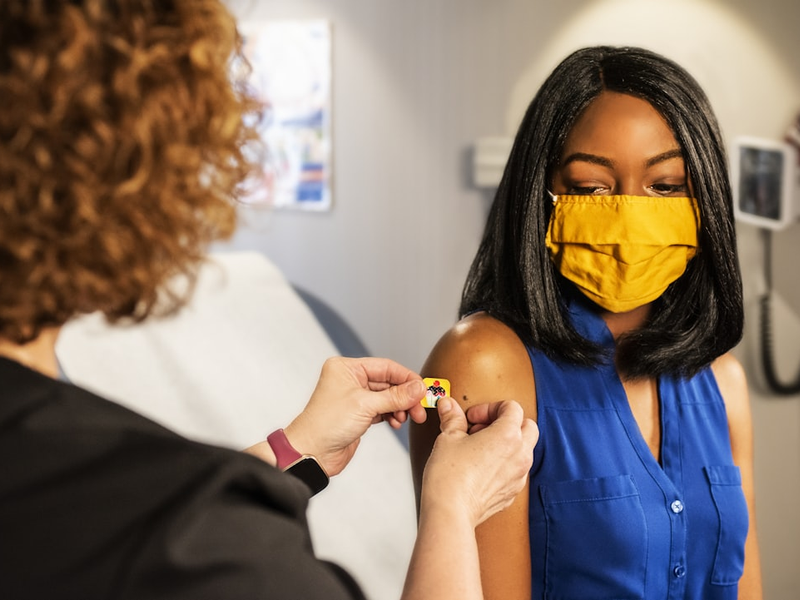COVID Vaccines During Pregnancy: Why RFK Jr.'s Latest Health Claim Doesn't Add Up

As the ongoing debate about COVID-19 vaccine safety continues, pregnant individuals are once again caught in the crossfire of conflicting health advice. Health and Human Services Secretary Robert F. Kennedy Jr. recently claimed that healthy pregnant women don’t need COVID boosters - but medical experts strongly disagree.
Scientific research consistently shows that pregnant women face heightened risks from COVID-19 infections. Medical professionals explain that pregnancy naturally suppresses the immune system to prevent the body from rejecting a developing fetus, making pregnant individuals more vulnerable to severe illness.
Experts like Dr. Neil Silverman from UCLA emphasize that pregnant patients remain at substantially increased risk of COVID-related complications. The physiological changes during pregnancy make individuals more susceptible to blood clots, inflammation, and potential placental disruptions that could impact fetal development.
Recent studies have demonstrated significant potential consequences of COVID infections during pregnancy, including increased risks of preeclampsia, preterm birth, and even stillbirth. Vaccination offers critical protection, with research showing that maternal vaccines can provide crucial antibody protection for newborns who cannot yet receive their own shots.
Moreover, data from the CDC reveals a stark statistic: nearly 90% of babies hospitalized with COVID had mothers who were unvaccinated during pregnancy. This underscores the importance of maternal vaccination as a protective strategy for both mother and child.
Despite RFK Jr’.s claims, medical professionals continue to recommend COVID vaccines for pregnant individuals. The scientific consensus remains clear: the benefits of vaccination significantly outweigh potential risks, offering a critical layer of protection during a vulnerable period.
As the healthcare landscape evolves, staying informed and consulting with trusted medical professionals remains the most responsible approach to navigating pregnancy and public health challenges.
AUTHOR: mei
SOURCE: The Mercury News
























































